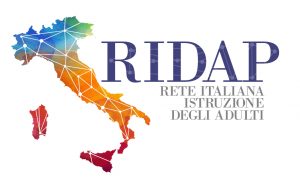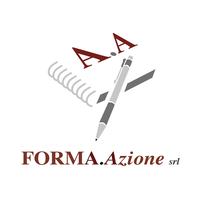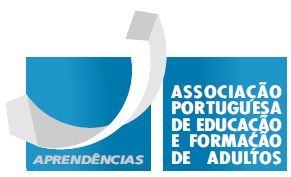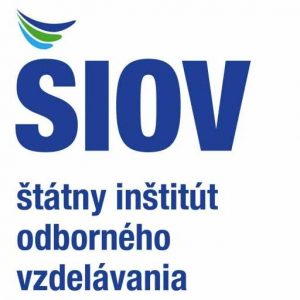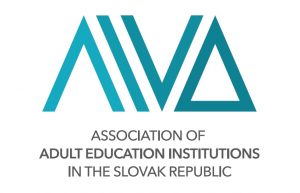Recognition, Validation and Certification of Competences (RVCC)
Validation of Non-formal and Informal Learning
Brief description of the main purposes and contents
The recognition of competencies consists in identifying competencies acquired throughout life, in formal, non-formal and informal contexts (at work, in associations, in training sessions, in the family…), recognizing them according to school/technical contents, and certifying this knowledge and competencies with a school qualification (4th, 6th, 9th and 12th grade) or with a Professional Certification, or both, simultaneously.
Reasons why the project / program is considered a “good practice”
Because it gives adults who have been acquiring skills throughout their lives through formal, non-formal, and informal settings in different contexts the opportunity to have them recognized and obtain a certificate with equivalence to a school qualification, consequently enabling better professional opportunities.
Managing authority / organisation
National Agency for Qualification and Professional Education, IP (ANQEP)
Main target group
Adults disadvantaged due to lack of education and skills
Source of funding
European
Stakeholders involved
Low-skilled adults (employed and unemployed); adult education and training providers; trainers and educators; employers
Contribution of the practice in improving / promoting the social inclusion of the beneficiaries
According to Article 2 of Ordinance No. 61 of 2022, “RVCC is aimed at adults aged 18 or over with a NQF qualification level below level 5 and who, throughout their lives, have undertaken learning and acquired relevant skills for this purpose in various contexts. Adults aged 18 or over with an NQF level above level 5 who are seeking to obtain a professional qualification may also be eligible. Without prejudice to the provisions of the previous paragraphs, adults aged up to 23 years old, inclusive, can only be RVCC recipients if they prove to have at least three years of professional experience, except in situations authorized by ANQEP, I. P., namely when specific audiences are concerned or when they are in a situation of social vulnerability”. These adults with low qualifications and in a situation of social vulnerability will, through this process, be better prepared to have more and better professional opportunities.
Elements of the project / program that could be easily transferred to other contexts
The Recognition of Competencies, as described, can be transferred to other contexts.
Other potential target groups to which the project / program could be extended
Migrants
Description of the methods of implementation and any recommendations
The RVCC PROCESS – Recognition, Validation and Certification of Competences, consists in the recognition of school and/or professional skills acquired by adults throughout their lives through experience, with a view to their respective certification. The RVCC process can be divided into three parts: School (adults who wish to recognize, validate and certify the knowledge and skills resulting from the experience acquired in formal, non-formal and informal contexts and obtain a school qualification of basic or secondary level); Professional (adults who wish to recognize, validate and certify the knowledge and professional skills resulting from the experience acquired in different contexts and obtain a professional certification of level II or IV; and Dual Certification (adults who wish to complete a school certification and obtain simultaneously a professional certification). These processes integrate steps for recognition and validation of skills held by adults and a step for their certification, achieved through the completion of a test before a jury. In the development of RVCC processes, adults must attend a minimum of 50 hours of complementary training. The School RVCC processes (basic and secondary levels) are based on Key Competence Benchmarks for Adult Education and Training. The Professional RVCC processes are based on the professional competences referential that integrate the qualifications available in the National Qualifications Catalogue. RVCC processes are aimed at all adults who wish to recognize, validate and certify the skills they have acquired based on their life experience in different contexts. For adults under the age of 23, inclusive, it is mandatory that they have at least three years of professional experience, duly certified by the competent Social Security services or, where applicable, by a similar foreign body. (More detailed information at:Portaria n.º 61/2022 de 31 de Janeiro)
Project / program website or other online reference resources
